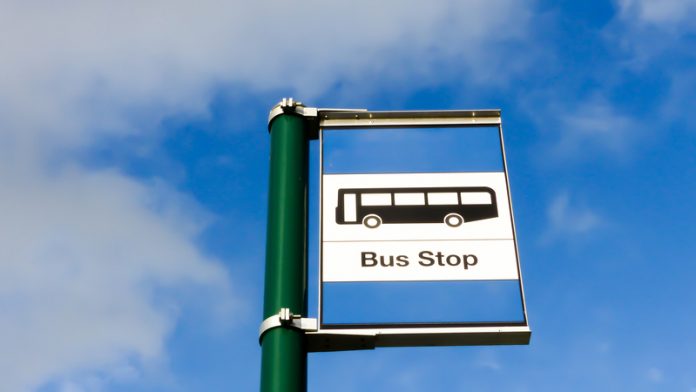Local residents are being asked to have their say on proposals to stop funding for local bus services and community transport…
Derbyshire County Council has launched a new consultation to gain local input on how to address future funding for bus services and community transport.
The county council is facing significant budget cuts, expecting government grants to be more than a third less in 2020 than in 2010. The county council said as a result it would need to review what is spent on local bus services that do not have enough passengers to be run commercially.
A review will also be undertaken to review the amount of money spent on Derbyshire’s six community transport schemes to run Dial-a-Bus (DAB). This scheme is already in the process of being scaled back, which means the council will fund one of these trips a week for every community, town or village, to a nearby town centre or supermarket.
In a bid to save £4.4m, the county council proposes withdrawing all county council funding for subsidises buses and DAB services from October 2017. Services that cannot be run commercially will cease.
Some £1.3m funding will be used to develop a new Demand Responsive Transport (DRT) system. This could be used by passengers travelling on subsidised buses or DAB. Services would need to be booked and then passengers travel from a named location at a given time.
A new Door-to-Door Plus service could be implemented for people who currently use DAB but would be unable to use the proposed DRT service.
Councillor Dean Collins, Cabinet Member for Highways, Transport and Infrastructure, said: “We are facing unprecedented cuts and must review all our services, particularly those, like subsidised buses and community transport, that by law, we do not have to provide.
“We know from previous consultations that public and community transport is vital to helping people get out and about, enabling them to maintain their independence and wellbeing, but unfortunately, the fact is, we just don’t have the money to continue funding these services to the level we have previously, so we need to look at running things differently.”
A previous consultation will see fares increase from the 1 April 2016, after 67 per cent of Gold Card holders said they would be prepared to pay more. This will see prices rise from £2 to £3.
Collins added: “We do listen to residents’ feedback. This is why, although they could be run by a different operator, we are continuing with transport to healthcare for the most vulnerable, because it was clear from the original consultation that these were vital services for people who would have no other way of getting to essential appointments.
“No decisions have yet been made on these latest proposals and I would encourage people to take part in this new consultation so we are well aware of the public’s view of our plans.”
The consultation will run until the 24 April.











